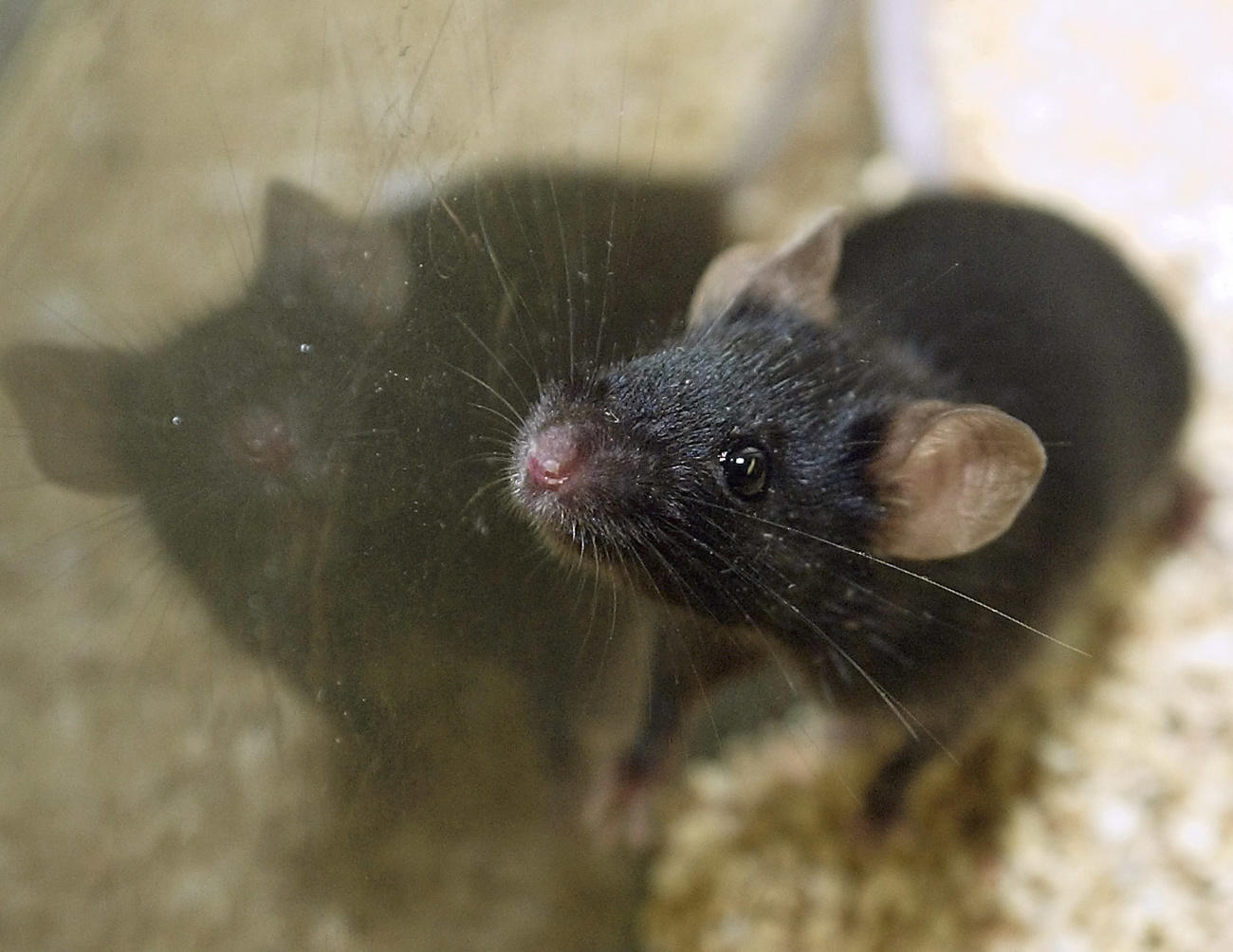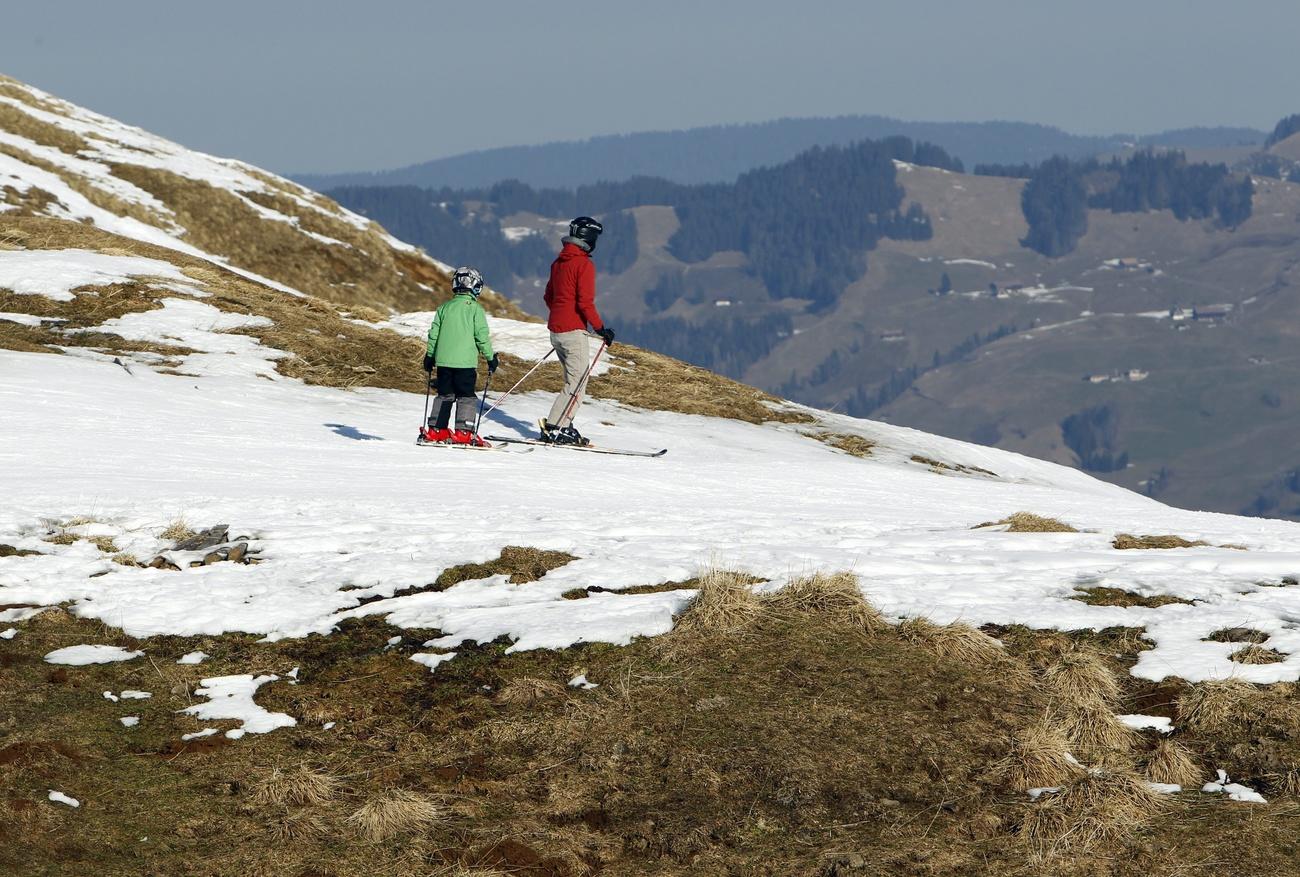
More rats spotted in Swiss cities causes alarm

Warmer than usual winter temperatures have created a breeding ground for rodents, increasingly seen roaming streets and stores in Swiss cities.
A week ago, a videoExternal link emerged of rats running through a supermarket at night, knocking over egg cartons and biting into tubes of mayonnaise. While difficult to say how many rodents live in the sewers and drains in Swiss cities, experts say there has been a notable rise in the last few months.
In an interview in the French-language paper Le Matin Dimanche, Thomas Iseli, an exterminator from canton Zurich said that, “there has been an increase in the number of rats and mice. Since November, there has been a real upsurge. We are busy almost every day addressing rodents.”
The proliferation could be the result of global warming. According to exterminator Simon Gross from Bern, “the warmer winter makes it easier for older and sick rats to survive.” The milder temperatures also accelerate reproduction. Rats can have up to six litters a year, with an average of eight babies, which reach sexual maturity in two months. “If we don’t intervene, their numbers will explode,” notes Gross.
Dry summers also promote their proliferation. Less water means there is more space available underground, leading rats to give birth more often. When the water rises, the rats rise to the surface, where they go searching for food in rubbish bins or elsewhere.
Iseli also points to outdated sewage system in cities like Zurich. “Some of it is 100 years old, the pipes are rotting. The rats come into the houses through the holes.”
Some conventional poisons are banned in Switzerland and rodents are becoming more resistant. Several thousands of non-toxic traps have been installed throughout Switzerland that include a digital sensor to track the rat population.

More
Switzerland’s future with a changing climate

In compliance with the JTI standards
More: SWI swissinfo.ch certified by the Journalism Trust Initiative





























You can find an overview of ongoing debates with our journalists here . Please join us!
If you want to start a conversation about a topic raised in this article or want to report factual errors, email us at english@swissinfo.ch.